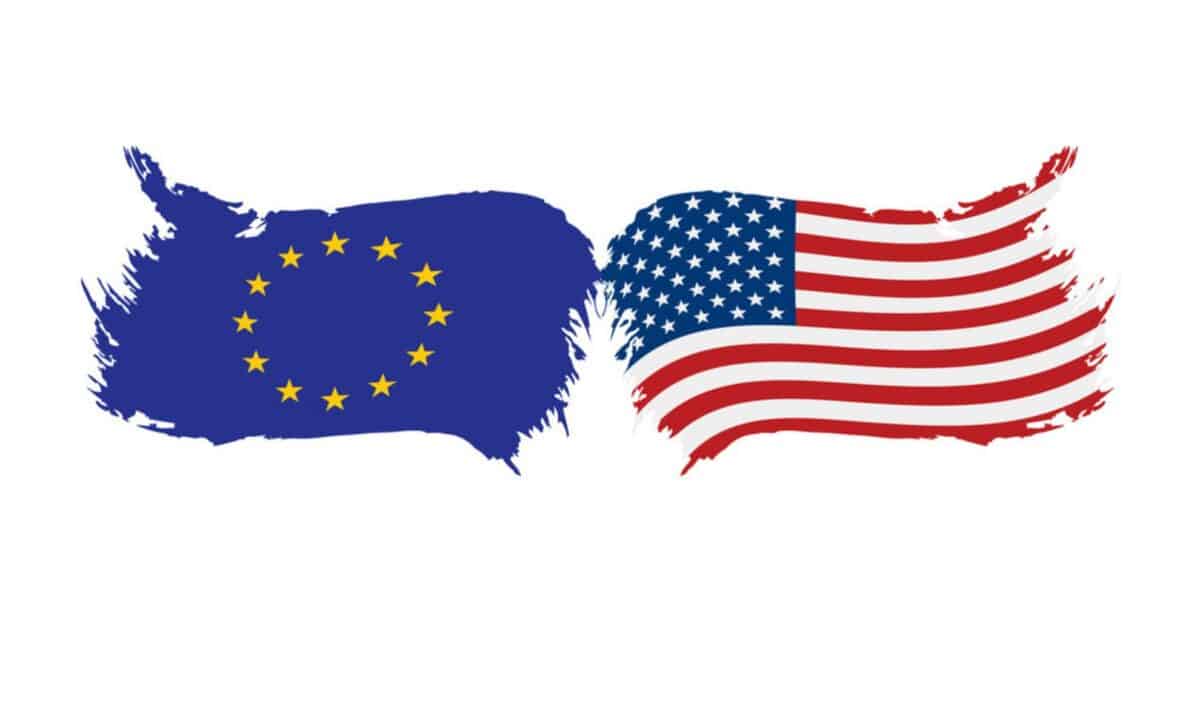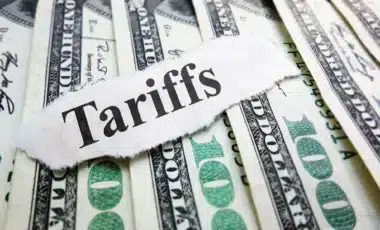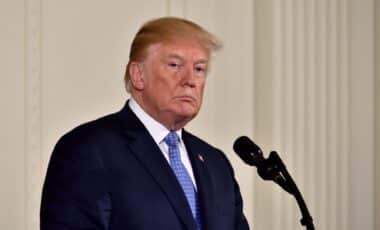In the midst of a fractured global landscape, the European Union (EU) finds itself at a crossroads. While it stands as a major economic bloc, its role as a global power is still overshadowed by the United States.
As the EU seeks to carve out its own space in an increasingly multipolar world, experts argue that shedding its colonial mindset and embracing a more inclusive and strategic approach are crucial.
The EU’s ambition to become a dominant global player is not new. The union has long sought to balance its economic power with a meaningful geopolitical presence. However, its relationship with the global south, and particularly its colonial history, continues to affect its credibility.
With the rise of new powers and the diminishing influence of traditional western leadership, Europe must adapt its strategies to reflect a more complex world order, according to Ursula von der Leyen, President of the European Commission.
Colonial Legacy: A Barrier to Global Trust
One of the EU‘s most significant challenges in reshaping its global identity is overcoming its colonial past. As Carlos Lopes, a South Africa-based academic, points out, the EU’s ongoing “colonial attitude of superiority” undermines its soft power in many parts of the world.
The union’s insistence on “better standards” often comes across as patronising, particularly in its trade relations with Africa, Asia, and Latin America. While countries like Indonesia and Rwanda are engaging with the EU on crucial raw-materials deals, there is growing resentment about what is perceived as a form of neocolonialism.
As countries in the global south continue to push back against EU influence, it is clear that Brussels needs to reassess its approach, particularly in its trade agreements and foreign policy. Moreover, the EU’s reluctance to engage deeply with the specific needs and challenges of these countries further fuels distrust.
According to Indian Foreign Minister Subrahmanyam Jaishankar, the EU tends to view its problems as global issues, while overlooking the concerns of the broader international community. This disconnect only exacerbates the perception that Europe is out of touch with the realities facing much of the world.
Strategic Autonomy: A New Vision for Europe’s Global Role
In the face of an unpredictable global stage, European leaders such as French President Emmanuel Macron and German Chancellor Friedrich Merz are advocating for greater “strategic autonomy.”
This shift aims to reduce the EU’s dependence on the United States and bolster its independence in decision-making. According to von der Leyen, the EU can use its values—upholding the rule of law and maintaining global trade relationships—to position itself as a stabilising force in an era of economic uncertainty.
The EU’s internal market, which continues to grow modestly, coupled with a renewed focus on global partnerships, presents a unique opportunity to redefine Europe’s role on the world stage.
However, as the EU strengthens its ties with countries like Thailand and India, it must ensure that its actions match its rhetoric, particularly in matters of human rights, equality, and social justice. Only by addressing these concerns can Europe hope to establish itself as a credible alternative to the US-dominated global order.









